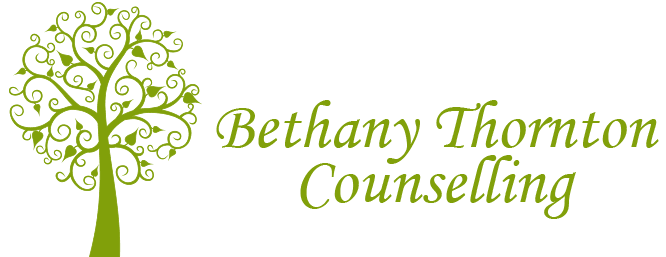Sexual Abuse
Due to the revelations about Jimmy Savile that surfaced in 2012, and then the #MeToo Movement that hit the headlines in late 2017 following allegations of sexual abuse against Harvey Weinstein, the issue of sexual abuse has become much more widely talked about, and as a result more people have found the courage to talk about their own experiences and seek justice through the courts.
It takes incredible courage to speak out about sexual abuse, because unlike other forms of abuse, sexual abuse carries strong feelings of shame as it is a deeply personal bodily infringement that can rob a person of their dignity and have wide-reaching implications for their physical and mental health, and ability to have intimate relationships. It also brings with it fear of other people’s reactions if they found out, such as fear of how they will be viewed by others, whether they’ll be believed or even if they’ll be blamed.
It’s important to clarify some differences between the terms used of sexual assault, sexual harassment and sexual abuse. Sexual assault is a sudden event that forces someone to do something sexual without their consent – it can include activities such as unwanted touching, kissing, groping or forcing someone to touch another person in a sexual way, right through to violent rape. Sexual abuse can include all of this and activities such as watching a person undress, flashing, forcing them to look at pornographic material, but usually carries on for a longer period of time. Sexual harassment may involve unwanted sexual attention such as wolf-whistles, sexual remarks or jokes, unwanted touching, sharing of explicit images or threats of punishment if someone doesn’t comply with requests for sexual activity.
Sexual abuse can be committed by anyone – in fact a sexual abuser is more likely to be someone reasonably well known to the victim or in a position of trust in order to have regular access to them – such as a family member, friend, partner, babysitter, school teacher etc. Sexual abuse can occur even within intimate relationships, because any sexual activity that is not carried out between consenting adults is abuse. It’s important to know that consent is a clear, sober choice when a person is in their right mind and that consent continues before and throughout the sexual interaction. Even someone who is married can be sexually abused by their spouse if they are being forced to carry out any sexual activity they don’t want to do.
The effects of sexual abuse can include feelings of shame and self-reproach, thinking that you could have done something to prevent the abuse, or even feel guilty because you experienced physical pleasure. Please know that it was the person who abused you that was at fault and accountable, you are not to blame.

Self-esteem can also be negatively affected, as your boundaries and dignity were not respected and you may have been insulted and criticised by the abuser, or even made to feel as though you had brought it upon yourself.
The ability to have intimacy in relationships can also be difficult, not just engaging in sexual activity that brings back memories or flashbacks of the abuse, but even a hug or peck on the cheek from a friend can feel uncomfortable and unsafe.
The effects of sexual abuse can be felt long after it stopped. Perhaps you felt unable to tell anyone about it, or no-one believed you, or there was no one you trusted enough to share it with. This may be something you’ve been struggling with for many years, however it’s never too late to seek support and I would urge you to reach out for the help that you need. There are many organisations that offer help and advice for survivors of sexual abuse, such as www.thesurvivorstrust.org.
Being able to talk about the abuse with someone who will be supportive and non-judgemental, in a safe, discreet place can be healing and restorative; knowing that you will be believed, heard and understood, and that your feelings and thoughts matter. Counselling can make a significant difference in helping you heal from the hurt, so if you’d like to speak to me (all contact is kept in the strictest confidence) please know that you will have complete freedom to decide whether I’m the right counsellor for you and what you feel comfortable sharing with me.
